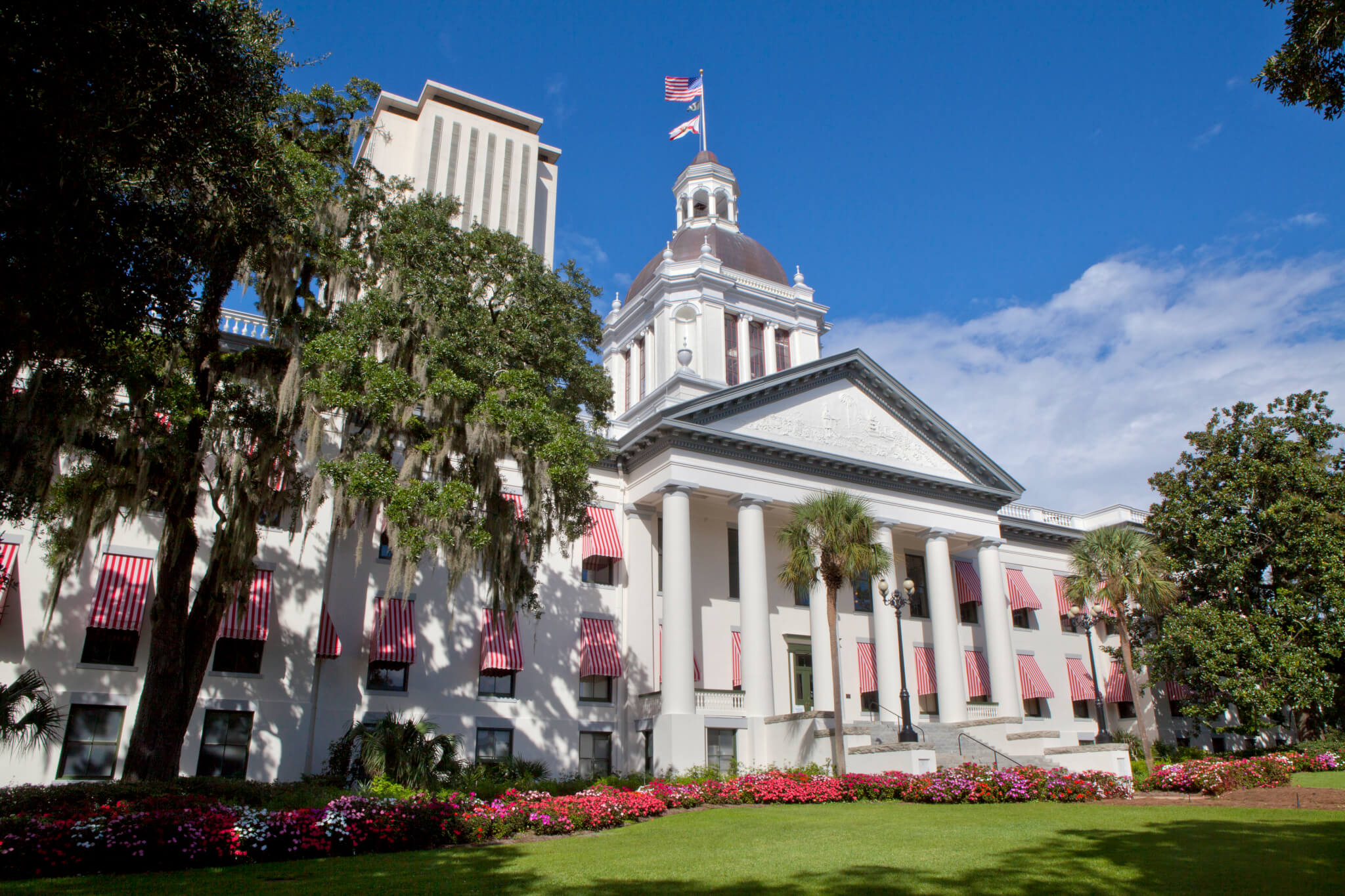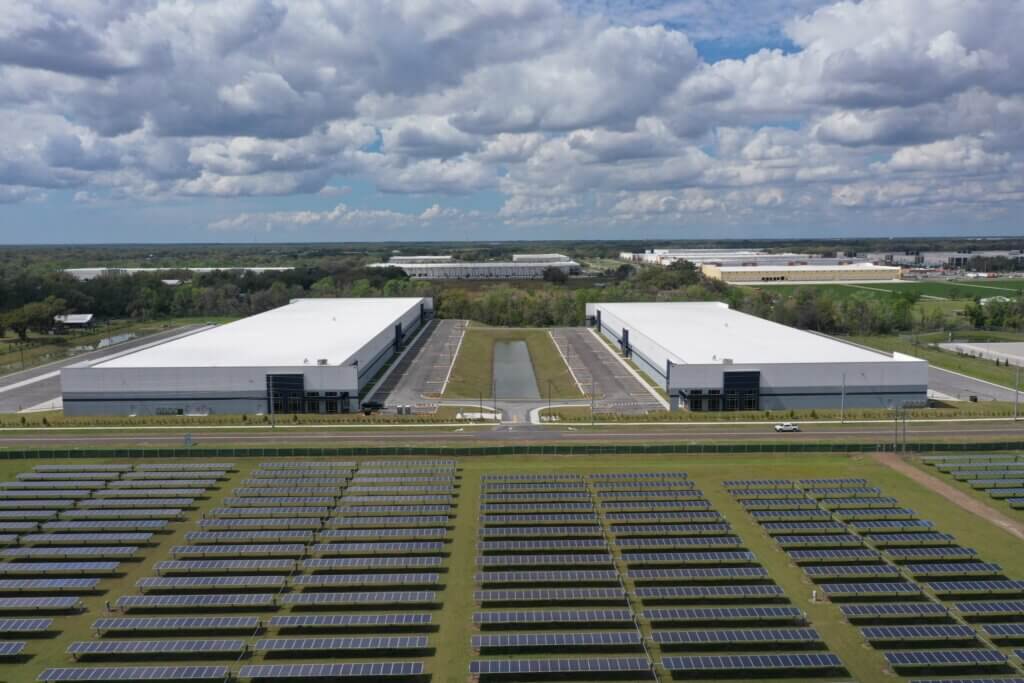Preparing for the 2021 Florida Legislative Session
Despite the challenges of this year’s legislative session, which runs from March 2 through April 30, those involved in the process are ready, having introduced bills or worked with lobbyists to advocate for those deemed important.
We talked to David Shepp, a lobbyist with The Southern Group and chair of the Central Florida Development Council’s Community Stakeholders Committee, which prepared the organization’s priorities for this year’s session. Shepp said COVID-19 continues to affect state business and likely will be the topic of the first bill to emerge from the Legislature.
![]()
“Statewide, the most important legislation that we’re working on this year is in response to COVID. This legislation is the top priority in the House, as well as in the Senate,” Shepp said. “It provides COVID liability protections for businesses, governments, schools and churches that were open during the pandemic to shield them from prosecution,” provided the entities were following proper safety protocols. It would be retroactive.
House Bill 7 and Senate Bill 72 will likely be the first bills passed.
“This legislation is so important because it provides peace of mind, and removes the threat of frivolous lawsuits, for those businesses, local governments, churches and schools that followed all of the necessary safety protocols to provide a safe environment and remain open during the pandemic,” Shepp said.
The CFDC is also supporting non-COVID-related legislation deemed critical for Polk County and Central Florida.
Qualified Target Industry Tax Refund
![]()
Senate Bill 982 and the identical House Bill 6071 would reinstate the Qualified Target Industry (QTI) Tax Refund, which Enterprise Florida explains as “a tool available to Florida communities to encourage quality job growth in targeted high value-added businesses.” Before it was allowed to sunset in 2020, the program allowed applicants to receive refunds on certain taxes it paid.
“The challenge with it lapsing is it’s one less tool in the toolbelt, one less incentive to attract businesses to the state of Florida,” Shepp said. Polk County is in a better position than much of the rest of the state because voters in November 2020 extended a county tax relief program to entice businesses to build or expand here.
“Once we have a business interested, CFDC and Polk are in a great place, but getting them to look at the state of Florida to begin with is key, especially as businesses around the country are looking to leave states where they feel there is not a good business climate.”
Even though Florida has great weather and a business-friendly tax climate, and Polk County has available land and water, seven institutions of higher education and an improving K-12 educational system, “we need this,” Shepp said. “Other Sun Belt states have this as well.”
CFDC President & CEO Sean Malott said reinstating the QTI is critical to attract new business here. “We have to make sure we have the same competitive advantages as other states so we can continue to attract quality companies like Nucor Steel that diversify our economy and provide good-paying jobs. This is even more critical as the county tries to retain the talented college students who graduate ready to work in the innovative fields that will move us forward.”
Talent Pipeline
![]()
Supporting local colleges — the keys to a prepared workforce — is also critical this year.
Florida Polytechnic University is seeking a recurring $3 million increase to its base operating budget and $15 million in Public Education Capital Outlay (PECO) funds to complete the construction of the Applied Research Center.
Polk State College is requesting its $32 million operating budget be kept intact so it can continue to provide its students with quality education and assist local companies with workforce programs. It also is requesting PECO funds to improve safety and security measures and money to complete renovations and remodeling at its Winter Haven campus.
Florida Southern College, Southeastern University and Keiser University are seeking funds to preserve Effective Access to Student Education (EASE) voucher funding.
Polk County is trying to attract the type of businesses where higher education is critically important, Shepp said. When the pandemic hit, Gov. Ron DeSantis withheld 6% from budgets, which impacted schools. “As we get back in class, we want to … make sure there are no cutbacks when it comes to services and programs.”
Malott said businesses expect quality education for employees and their families. “They want opportunities for their children to thrive in K-12 and even attend top-ranked colleges nearby. Polk County offers all that and more, making funding critical.”
Other Projects
Heartland Headwaters Protection and Sustainability Act
![]()
Funding for the Heartland Headwaters Protection and Sustainability Act, which would allow the Polk Regional Water Cooperative to develop alternative water supply sources to assist with allocations identified by the county and its municipalities.
Transportation
![]() Supporting funding for the Interstate 4/SR 33 reconstruction project and four-lane improvement of SR 33. “That area is right by Florida Poly. There is tremendous growth in housing and logistics centers. It’s the last interchange to be updated on I-4 and is completely overstressed at this point in time.”
Supporting funding for the Interstate 4/SR 33 reconstruction project and four-lane improvement of SR 33. “That area is right by Florida Poly. There is tremendous growth in housing and logistics centers. It’s the last interchange to be updated on I-4 and is completely overstressed at this point in time.”
And, supporting funding to construct the North Ridge Trail, a parallel corridor to U.S. 27 north of I-4 in the fast-growing Four Corners region.
“The budget will be a challenge,” Shepp said. “We’re hopeful we are not looking back at the Great Recession of 2008, that multiyear dip in the budget. We hope it’s one year.”
Despite the loss in revenue from the pandemic, DeSantis has proposed a $96.6 billion budget, up $4.6 billion from last year. “We have had growth by keeping businesses open as much as possible. Monthly revenue has ticked up since late last year,” Shepp said.
The budget is just one of the many unique challenges facing this year’s Legislature and lobbyists. “Our challenge is to keep our priorities under the right people at the right time, and at the end of nine weeks ensure our priorities get across the finish line.”



